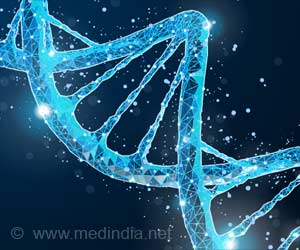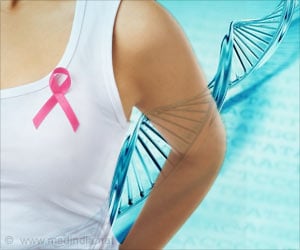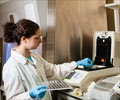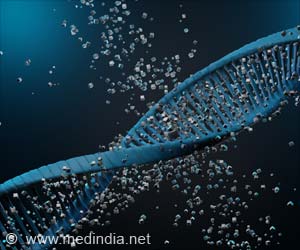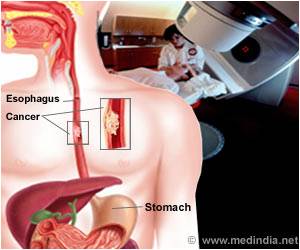Women tested at high risk for breast cancer using non-clinical genetic tests overlooking family history may decide to undergo unnecessary breast surgery.

Influence of family history on penetrance of hereditary cancers in a population setting
Go to source). This research was led by the University of Exeter and published in the Lancet journal eClinical Medicine.
Drawback of Genetic Screening In Breast Cancer
Until recently, women who received BRCA results did so because they attended clinic due to symptoms, or a family history of disease. The likelihood of certain BRCA variants causing breast cancer has been calculated based on this already high-risk group.‘High genetic risk of breast cancer tested outside of a clinical setting, should be confirmed by a doctor who thoroughly investigates all factors, including family history, before undergoing any therapeutic interventions. #breastcancer #geneticriskfactor #familyhistory’





However, many people now pay for home DNA testing kits or are given results as part of taking part in genetic research, without ever having any personal link with breast cancer. The new research, funded by the Medical Research Council, was conducted to get a better idea of the true risk level of these BRCA variants in the general population. The authors analyzed more than 454,000 participants recruited between the ages of 40 and 69 in the UK Biobank study, which collects DNA samples and asks participants to report illness in themselves as well as parents and siblings. They found that simply carrying a disease-causing BRCA variant was linked to a breast cancer risk of 18 percent (for BRCA2) and 23 percent (for BRCA1) by age 60. Having a close relative who has had the condition elevated the risk to 24 percent (for BRCA2) and 45 percent (for BRCA1).
Recommendations On Breast Cancer Assessment
Lead author Dr. Leigh Jackson, of the University of Exeter Medical School, said more women were choosing to have breast cancer surgery, particularly since actress Angelina Jolie shared her family history of the disease and subsequent genetic test and surgery.But he said: “Being told you are at high genetic risk of disease can really influence levels of fear of a particular condition and the resulting action you may take. Up to 80 percent risk of developing breast cancer is very different from 20 percent. That difference could well influence the decision you make about whether you have invasive breast surgery. Some women may decide to go ahead with that procedure knowing that the risk is 20 percent, but we want them to make an informed decision.”
The research team found a similar result when looking at the genetic risk of Lynch syndrome, a genetic condition that increases the risk of colon cancer and some other cancers. The authors also concluded that genetic screening for these conditions in the general population could result in large numbers of people being exposed to needless scans or further procedures.
Co-author Professor Caroline Wright, of the University of Exeter Medical School, said: “Our findings will not just apply to breast and colorectal cancer. All risk estimates of genetic disease have so far largely been based on relatively high-risk groups who attend specialist clinics, so they will not necessarily translate to the general population. We need to ensure we are carrying out research to find the true risk level and also to be responsible in how we communicate risk, to avoid unnecessary fear and distress which may lead to avoidable procedures.”
Advertisement
- Influence of family history on penetrance of hereditary cancers in a population setting - (https://www.medrxiv.org/content/10.1101/2022.07.08.22277415v1.full-text)
Source: Eurekalert


